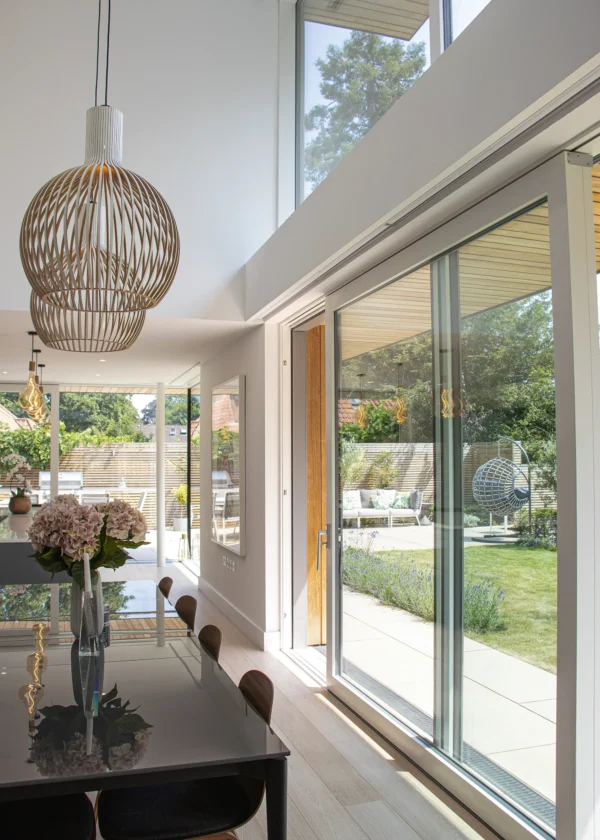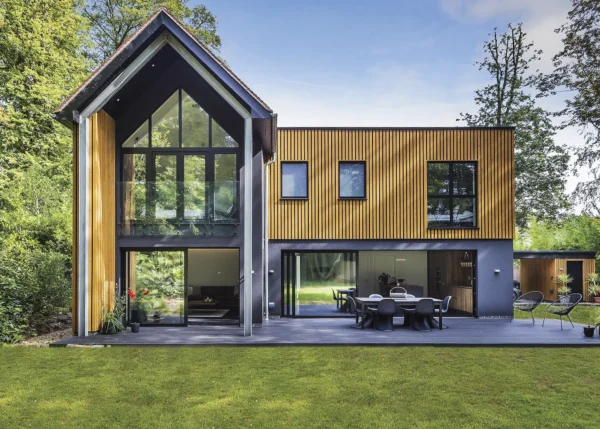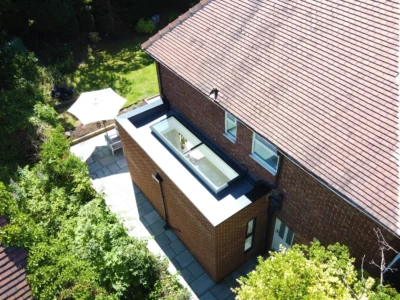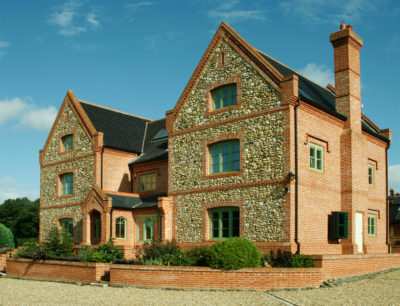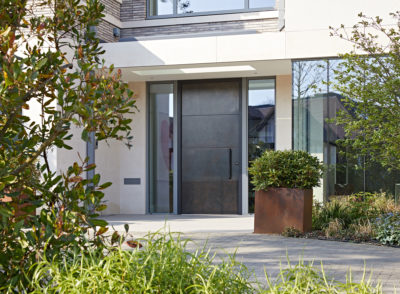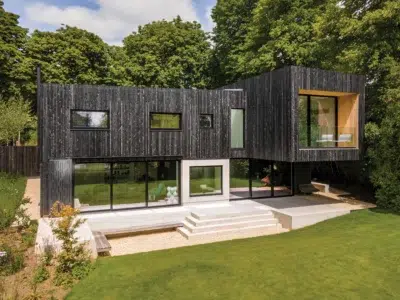A Custom Build Era
I’m very proud to have completed a self build. I count the period spent working on our family home as one of the most rewarding chapters in my life. That’s why I now dedicate my time to evangelising the cause and trying to inspire others who share the dream of owning a bespoke property to give it a go.
NaSBA welcomes custom building
For me, one of the greatest creations in recent years was the formation of the National Self Build Association (NaSBA), which has been instrumental in raising the profile of self building to the point where it is now regularly advising government on housing policy. It has also resulted in an innovative online resource – the Self-Build Portal.
I was at a NaSBA general meeting recently when I realised that things are changing and that the term ‘self build’ might be undergoing a radical transformation. The shift comes from the rise in ‘custom building’, a phrase that I’d never heard of two years ago, but one that has prompted the association to change its title to incorporate the term and become the National Custom and Self Build Association (NaCSBA). So what is the difference between these two concepts?
What is custom build?
Custom building is essentially a way of increasing the property stock, and therefore encouraging economic growth, by promoting the role of developers and trades in the bespoke housing market.
Traditional self builders will typically get involved with the project by doing some or all of the physical work themselves. With a custom build, the client offers more of a wish list to the developer who then uses their skills and expertise to find the plot, construct the house and install the fittings and fixtures to exactly meet outlined requirements.
Conventional self builders tend to save significant sums of money by taking on some or all of these tasks. I suppose you could summarise this as a ‘hands on’ approach, while the custom route is ‘hands off’ (the latter is possibly a more appropriate term for what most of us actually do). However, I do think each has its benefits.
Self and custom build pros and cons
Self builders trade their time and labour for a lower project cost, but take on increased levels of risk.
In my view the custom build market is going to appeal to those who have the resources to afford a well-appointed individual home, but don’t have the time to manage individual trades, nor do any of the work. Their costs will inevitably be higher because they will be transferring the risk of the build (and a fair profit) to the developer.
However, the point at which they take over could be as early as buying a fully serviced plot with planning permission in place, or as late as receiving the keys for a completed house ready to move in.
I believe we’ll see the rise of the custom builder, especially if the new garden cities come to fruition.
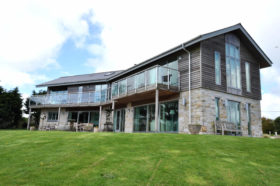



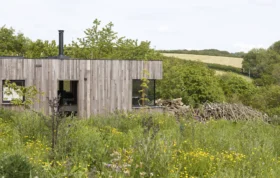
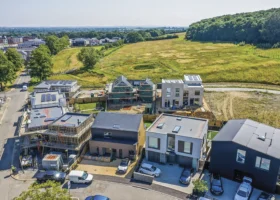
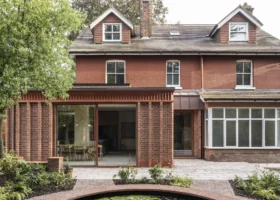
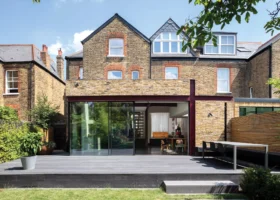

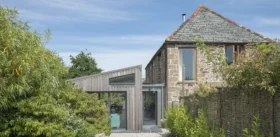


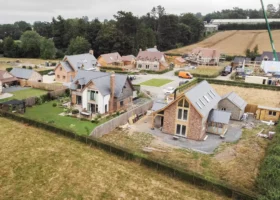

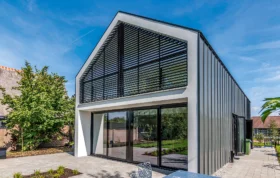

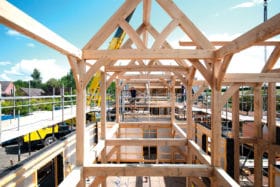
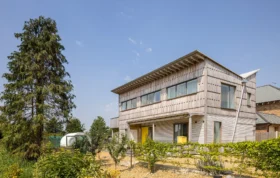
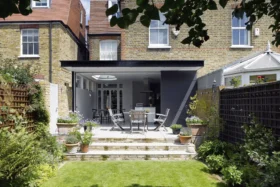
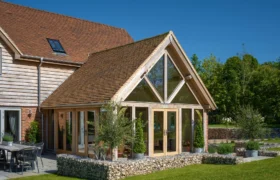
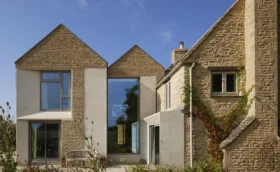
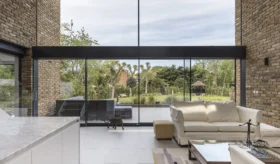
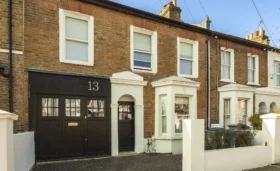
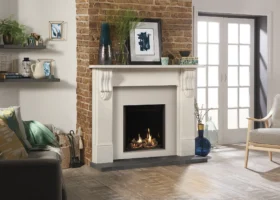

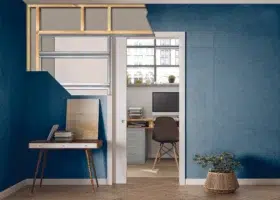








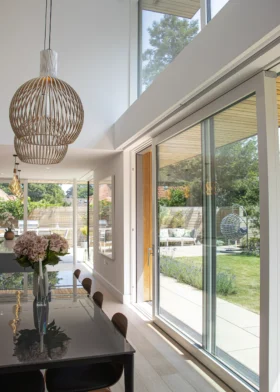

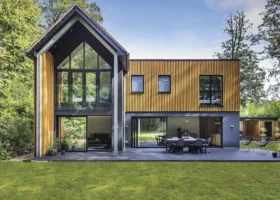

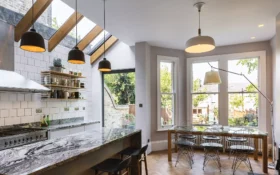
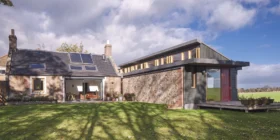



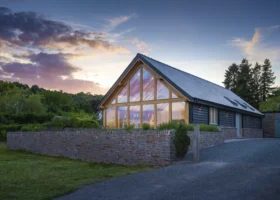
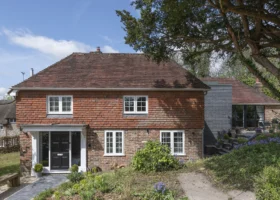
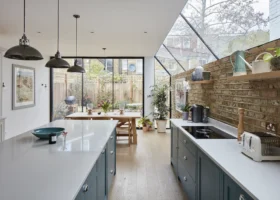

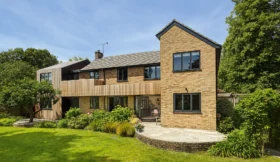

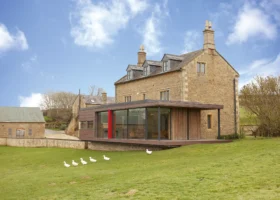
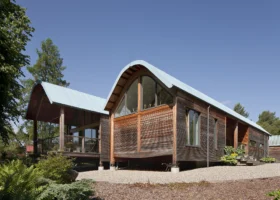

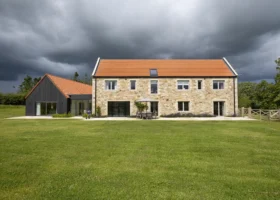
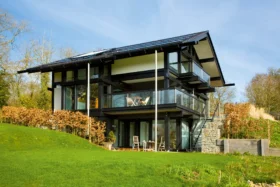



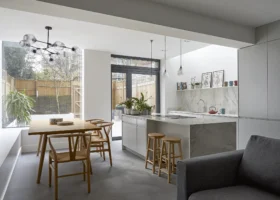

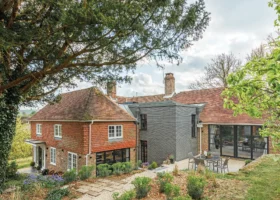
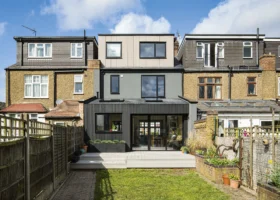
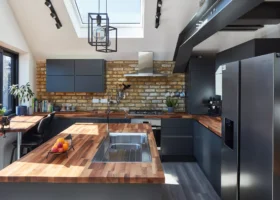
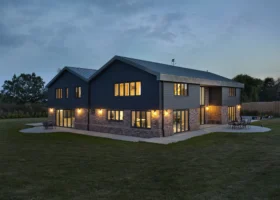





















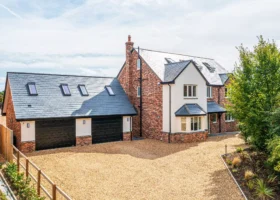
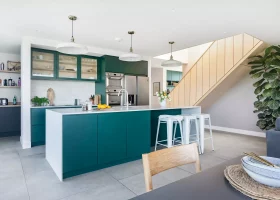

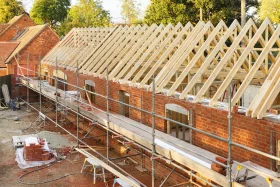






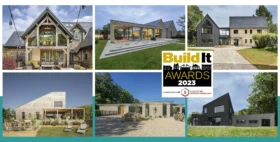


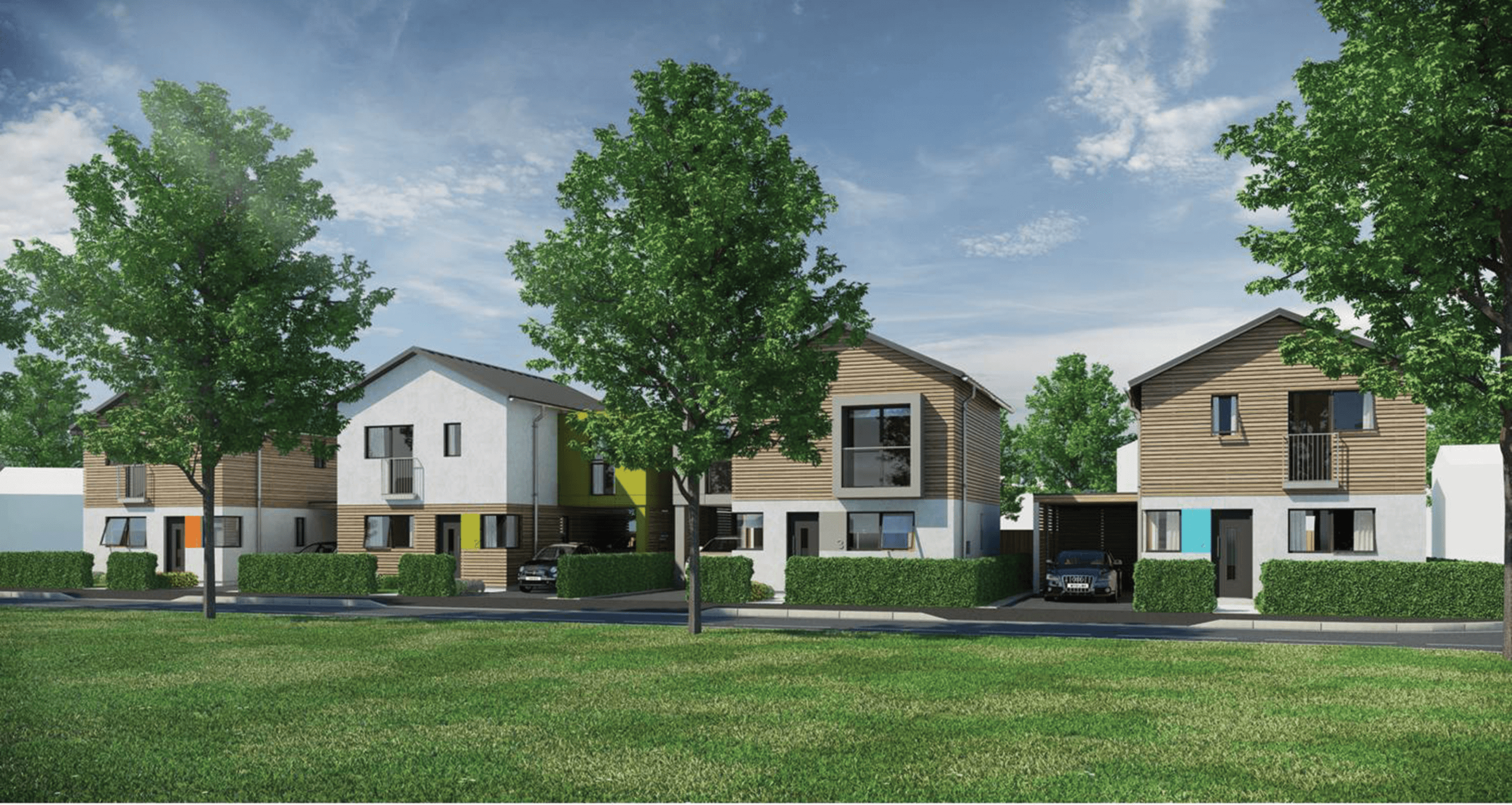
 Login/register to save Article for later
Login/register to save Article for later

